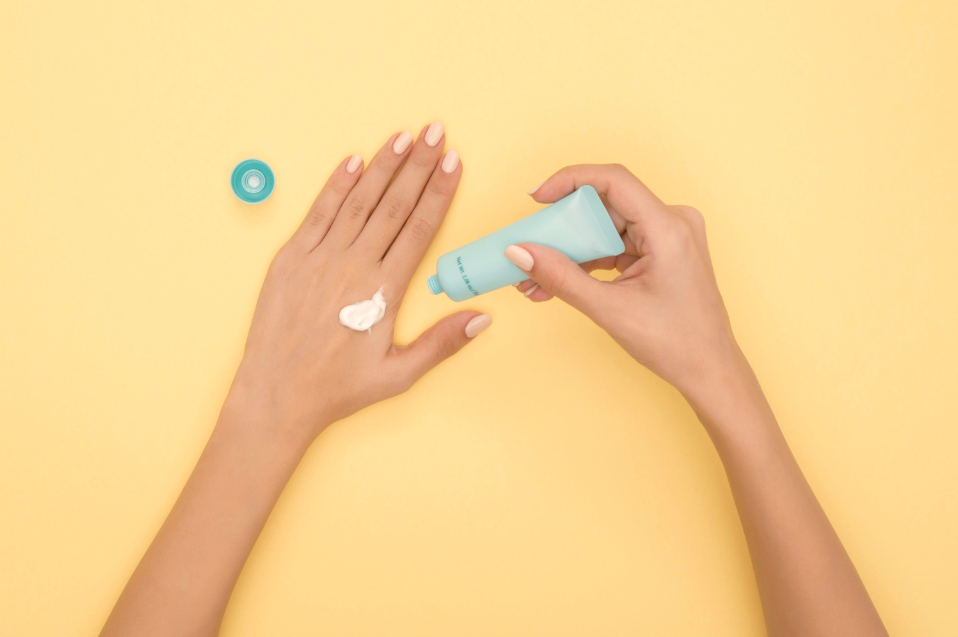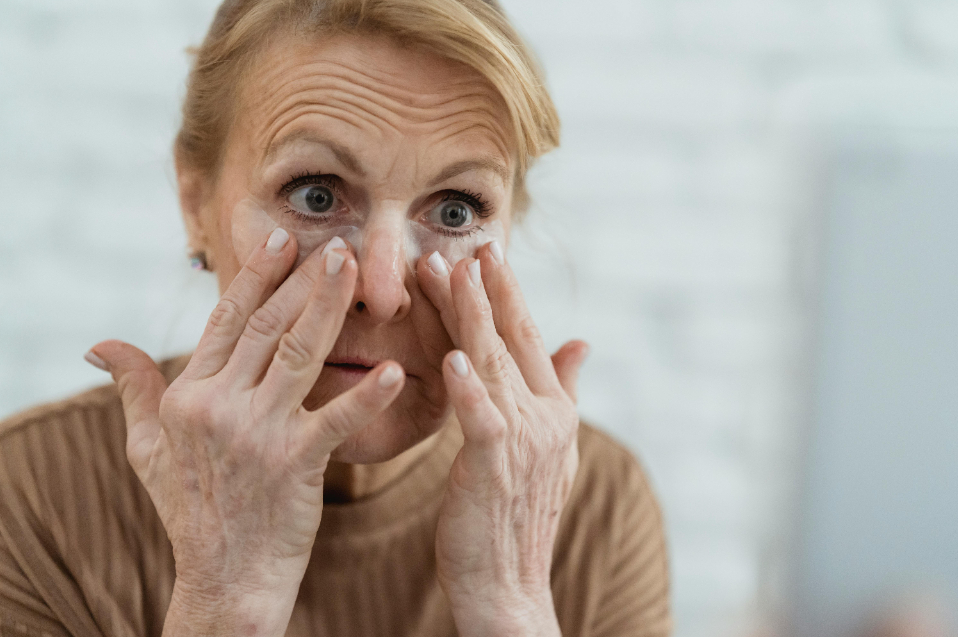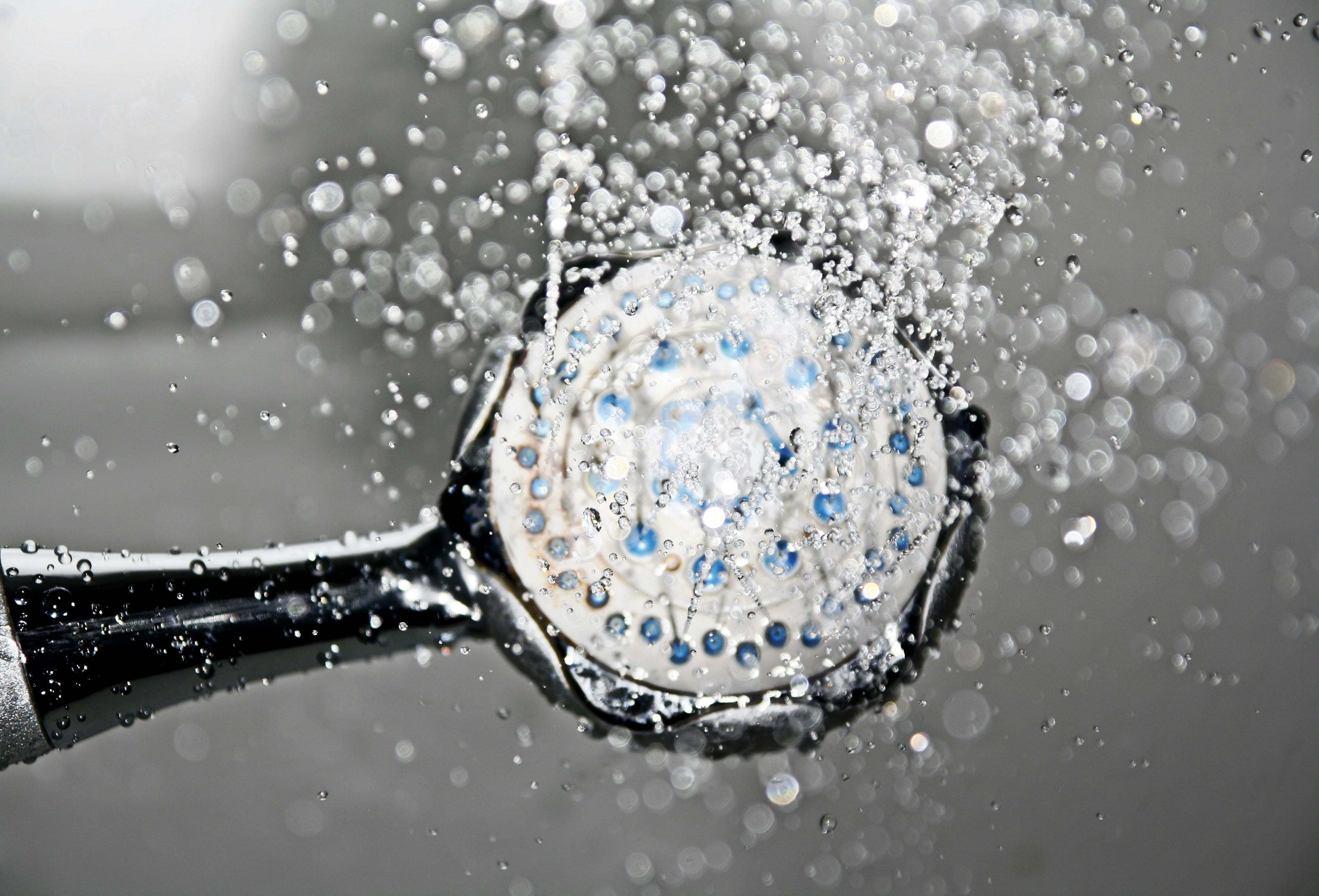5 Common Skincare Myths
5 Common Skincare Myths

Taking care of your skin goes beyond just looking good or maintaining a youthful appearance. Your skin serves as a vital shield, protecting your internal systems and contributing to your overall health and well-being. However, finding the right skincare routine can be challenging due to the many widespread myths and outdated beliefs that cloud the skincare landscape. In this article, we’ll debunk five of the most common skincare myths to guide you toward healthier skin.
Myth 1: Your Skin Gets “Used to” Daily Moisturiser
It’s a common belief that using a daily moisturiser can cause your skin to become dependent on it, leading to a decrease in natural oil production. However, this isn’t true. Your skin doesn’t stop producing its own oils just because you’re applying moisturiser. In fact, when dry skin is consistently cared for with a good moisturiser, it can become healthier over time, potentially requiring less product. This might give the impression that your skin has become “used to” the moisturiser, but it’s really just a sign of improved skin health. So, feel free to keep moisturising without worry.

Myth 2: There’s a Product That Can Erase Wrinkles
The idea of a magic product that can completely eliminate wrinkles is alluring, but it’s unfortunately a myth. No product can permanently erase wrinkles. The best approach to managing wrinkles is prevention, using sunscreen to protect your skin from UV damage and keeping it hydrated with quality moisturisers. While some products can reduce the appearance of wrinkles, they won’t make them disappear entirely. Wrinkles are a natural part of ageing, and while they can be minimised, they can’t be completely avoided.

Myth 3: Showering Every Day is Bad for Your Skin
There’s a misconception that daily showers can harm your skin, but this isn’t necessarily the case. Daily showers are fine as long as you take certain precautions. Avoid using excessively hot water, limit your shower time to around five minutes, and use gentle, moisturising cleansers, especially if you have dry or sensitive skin. For those with very dry skin or conditions like eczema, opt for shower oils or syndets instead of traditional soap. After showering, it’s important to apply a moisturising body lotion to help lock in hydration and maintain your skin’s barrier.

Myth 4: Sunscreen Causes Vitamin D Deficiency
Some people worry that using sunscreen will lead to a vitamin D deficiency by blocking the skin’s ability to produce this essential nutrient from sunlight. While sunscreen does reduce the skin’s vitamin D production to some extent, it’s not a major concern. The primary reason many people have a vitamin D deficiency is not because of sunscreen, but because they spend most of their time indoors. Dermatologists agree that the benefits of sunscreen far outweigh any potential risks, and if you’re concerned about vitamin D levels, it’s better to take a supplement while continuing to protect your skin from harmful UV rays.

Myth 5: You Don’t Need Sunscreen on a Cloudy Day
It’s a common misconception that sunscreen is only necessary on sunny days. However, even when the sky is overcast, UV radiation still reaches the earth’s surface, which means your skin is still at risk of damage. Just because you can’t see the sun doesn’t mean it’s not affecting your skin. If you’re going to be outside for any length of time, make sure to apply sunscreen to protect your skin, no matter the weather.

By debunking these common skincare myths, you can take a more informed and effective approach to caring for your skin. Remember, the key to healthy skin isn’t found in miracle products or fear of everyday habits—it’s in consistent, well-informed care.